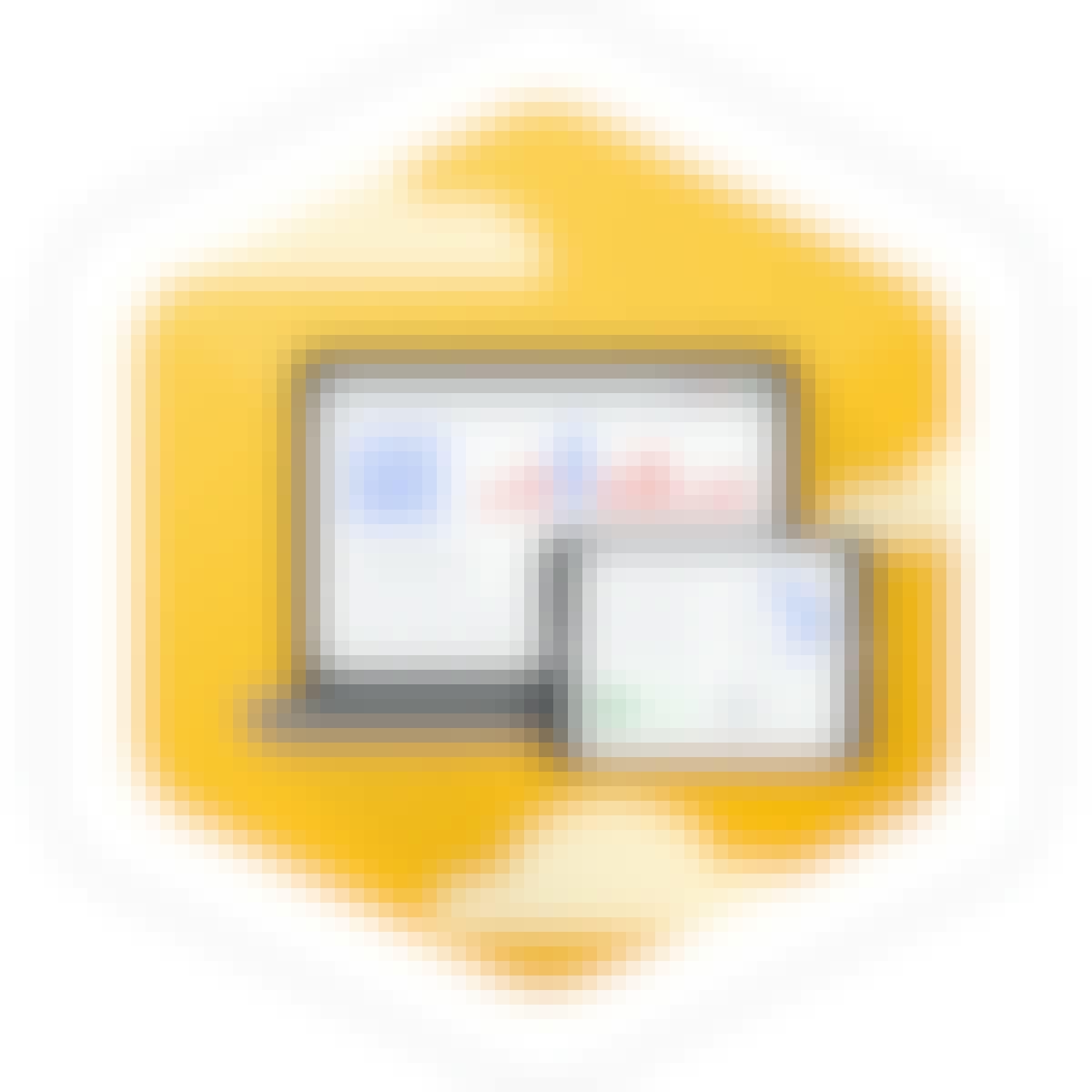Filter by
The language used throughout the course, in both instruction and assessments.
1,072 results for "api"
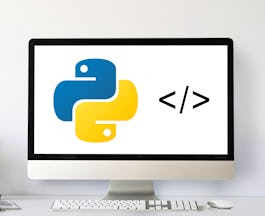
Skills you'll gain: Application Development, Computer Programming, Python Programming

Google
Skills you'll gain: User Experience, User Experience Design, User Research, Audit, Human Computer Interaction, Planning, Product Design, Product Development, Visual Design, Web Design, Web Development Tools
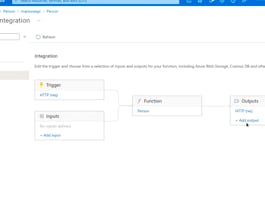
Coursera Project Network
Skills you'll gain: Microsoft Azure
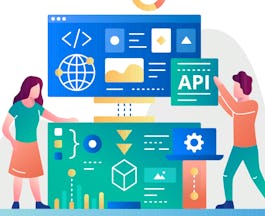
Skills you'll gain: Cloud Infrastructure
 Status: Free
Status: FreePrinceton University
Skills you'll gain: Algorithms, Computer Programming, Data Structures, Java Programming, Problem Solving, Programming Principles, Theoretical Computer Science, Computational Thinking, Critical Thinking
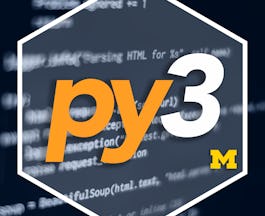
University of Michigan
Skills you'll gain: Computer Programming, Python Programming
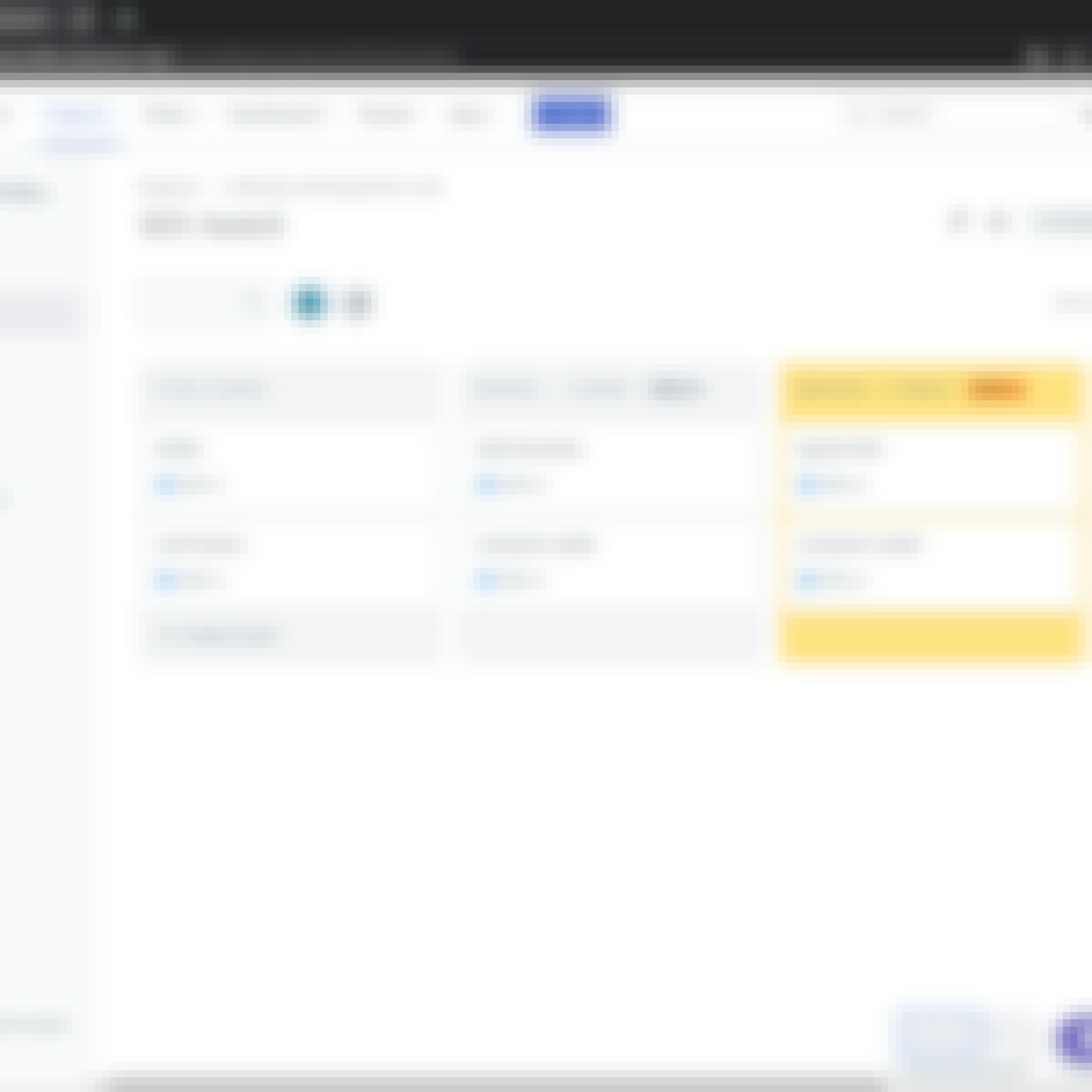
Coursera Project Network
Skills you'll gain: Agile Software Development, Jira (Software), Leadership and Management

Coursera Project Network

Skills you'll gain: Machine Learning, Deep Learning, Machine Learning Algorithms, Artificial Neural Networks, Cloud Computing, Computer Vision, Human Learning, IBM Cloud, Natural Language Processing, Algorithms, Applied Machine Learning, Machine Learning Software, Python Programming, Computer Programming, Application Development, Cloud API, Cloud Applications, Computer Programming Tools, Human Computer Interaction, Visualization (Computer Graphics), Data Analysis, Software Engineering Tools, Cloud-Based Integration, User Experience Design, Communication, Programming Principles, Software Engineering, Customer Analysis, Software Architecture, Full-Stack Web Development, Agile Software Development, Product Management, Javascript, Data Science

Coursera Project Network
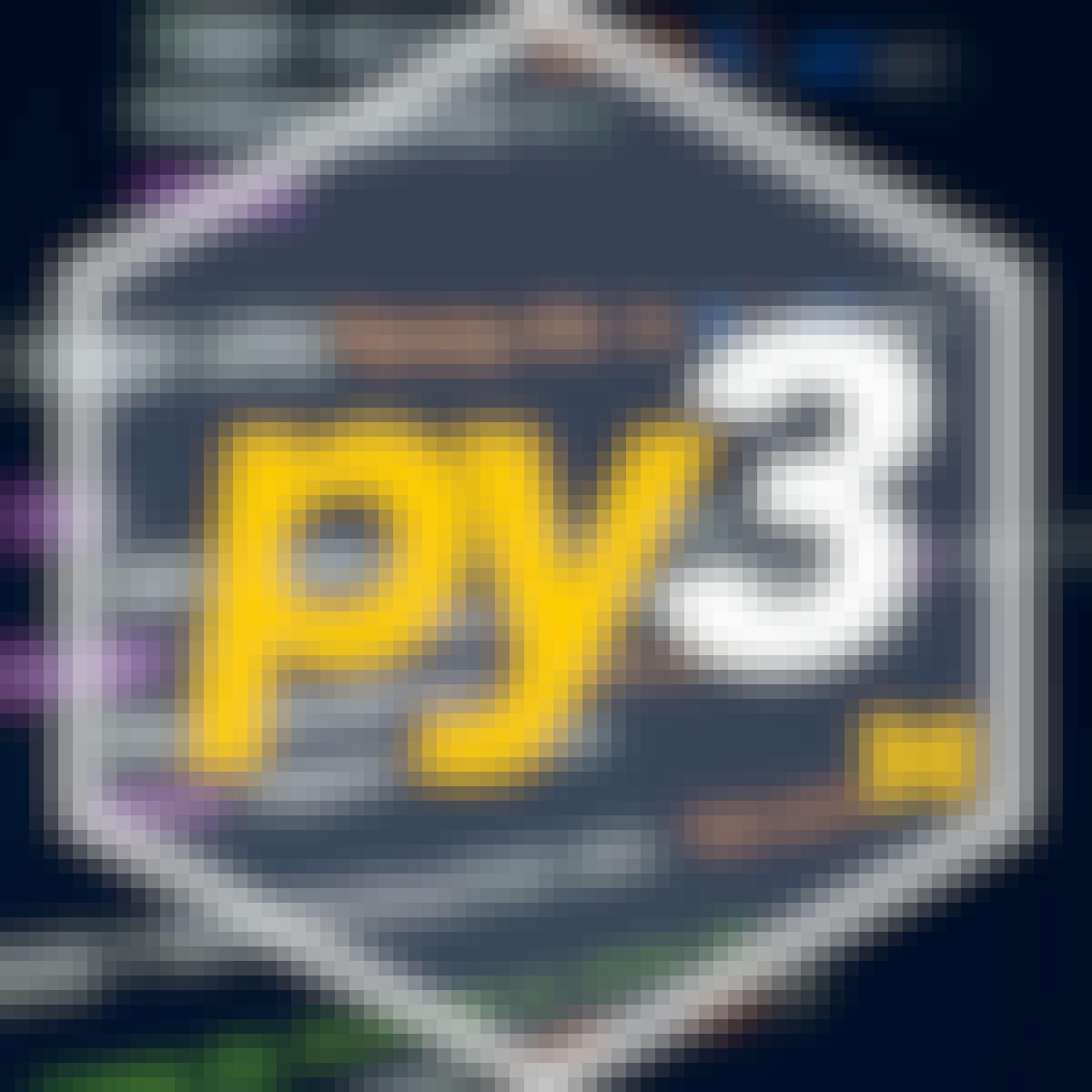
University of Michigan
Skills you'll gain: Python Programming, Computer Programming, Problem Solving
Searches related to api
In summary, here are 10 of our most popular api courses
- Developing AI Applications with Python and Flask: IBM
- Google UX Design: Google
- Azure: create a REST API using NodeJS Serverless Functions: Coursera Project Network
- Building RESTful APIs Using Node.js and Express: NIIT
- Algorithms, Part I: Princeton University
- Data Collection and Processing with Python: University of Michigan
- Managing Google Cloud's Apigee API Platform for Hybrid Cloud: Google Cloud
- Get started with Jira: Coursera Project Network
- API Testing with Karate Framework: Coursera Project Network
- IBM AI Developer: IBM
